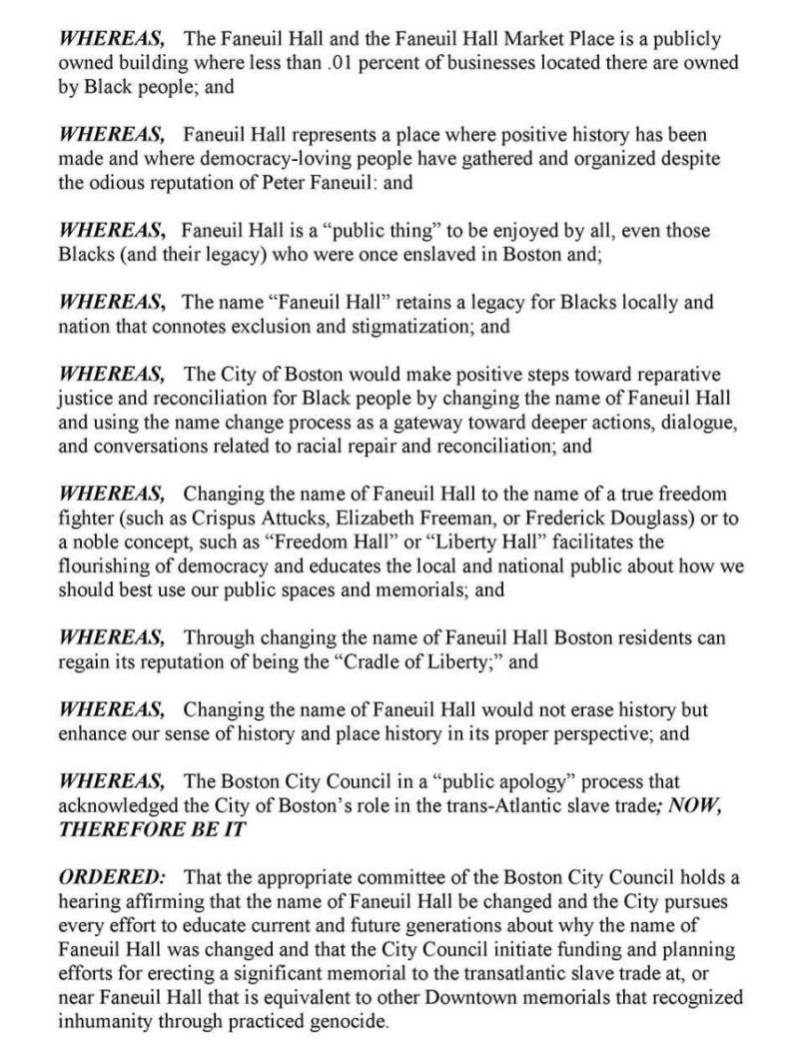Sam Drysdale
State House News Service
Gov. Maura Healey’s administration is facing a lawsuit after the governor announced last week that the state would no longer guarantee housing for those protected under the state’s right-to-shelter law.
Lawyers for Civil Rights Boston filed the class action lawsuit Friday on behalf of three families the organization said are “on the brink of homelessness.”
The lawsuit seeks an emergency court hearing and a temporary restraining order to stop the state from “undermining” the right-to-shelter law, a release from the organization said.
Healey announced on Oct. 16 that the state’s emergency assistance shelter system was reaching capacity, and that the state may not be able to guarantee housing starting Nov. 1.
Under a 1983 law, Massachusetts is the only state in the country that has a legal obligation to shelter unhoused families and pregnant women.
The shelter system has been strained over the past year, as an influx of new immigrants has streamed into the state. As of Healey’s announcement last week, she said there are close to 7,000 families enrolled in the system and that they were expecting to hit 7,500 families by November. That number is more than double the number of individuals enrolled at this time last year.
Healey did not explicitly say that the state would turn people away, but said that starting on Nov. 1 the state will not add any new shelter units, and that families who come to seek housing will be assessed and those with higher needs will be prioritized for placement.
Those who do not immediately get placed in housing will be added to a waitlist, she said.
Lawyers for Civil Rights Boston alleges that these are “proposed changes to the Right-to-Shelter law,” by” imposing an artificial ‘cap’ on the total number of shelter spaces and units the State will provide to homeless families” and by “creating a ‘waiting list’ for families eligible for emergency shelter.”
“As the Complaint outlines, the unprecedented changes proposed for the emergency shelter program are being rushed into place, without any public process or required notice to the Legislature,” a release from the organization says. “When the Legislature funded the program, it specifically required the State agency in charge (Executive Office of Housing and Livable Communities) to give the Legislature 90 days notice of any changes—time for the Legislature to evaluate and potentially prevent the changes.”
The complaint was filed against the Executive Office of Housing and Livable Communities and Secretary Ed Augustus.
“The Executive Office of Housing and Livable Communities is reviewing the filing and will be offering no further comment at this time,” a spokesperson said Friday night.
The complaint says the plaintiffs, Gloria Alcarraz, Soronx de la Cruz, and Dieula Alectine, and their families are “currently homeless and eligible for emergency shelter.” It was filed in Suffolk Superior Court.
“The announcement raised a number of red flags,” LCR Litigation Director Oren Sellstrom said in an interview with the News Service. “First of all, community members and affected families were terrified of what this would mean, particularly as winter is approaching. The idea that the state is going to be denying emergency shelter to homeless families and pregnant women is appalling.”
Two of the plaintiffs, the de la Cruz’s and the Alectines, are both currently without a place to stay and hoping to be placed in the state’s Emergency Assistance system, Sellstrom said. All three of the families have young children.
He added that there are “a number of legal problems” with Healey’s plan.
“The state has not followed the orderly process that is supposed to occur for changes of this magnitude,” Sellstrom said. “There is a state law that applies to all agencies that requires changes to programs such as this to allow input from the public from affected individuals. And then there is also, for the emergency shelter program, a specific requirement that the Legislature placed into the appropriation that requires the state agency to notify the Legislature 90 days in advance of any changes.”
LCR is asking the court for an emergency hearing to place a temporary restraining order on the action until EOHLC and the Legislature can go through that process, he said.
Sellstrom particularly took issue with the idea of “putting needy families on to a waitlist for emergency shelter,” which he called “a denial of services in an emergency situation.”
When Healey announced the change in the state’s approach to the Emergency Assistance system last week, she said she did not plan to end the right-to-shelter law.
“We are not ending the right-to-shelter law,” Healey said on Oct. 16. “We are being very clear though that we are not going to be able to guarantee placement for folks who are sent here after the end of this month.”
She said that the state does not “have enough space, service providers or funds to safely expand beyond 7,500 families.”
In addition to her announcement that shelters are reaching capacity, the governor also presented a shifting strategy in her administration’s approach to the crisis.
She said the state will focus on trying to rotate out those who are currently living in shelters into permanent housing, via housing programs and creating more workforce initiatives, in order to make more space for new families.
This includes a new job training initiative through the Commonwealth Corporation Foundation, spurring the MassHire State Workforce Board to work with shelters and employers to match new immigrants who are eligible to work with jobs, and expanding the HomeBASE rehousing program, which helps eligible homeless families pay their first and last month’s rent and security deposits.

